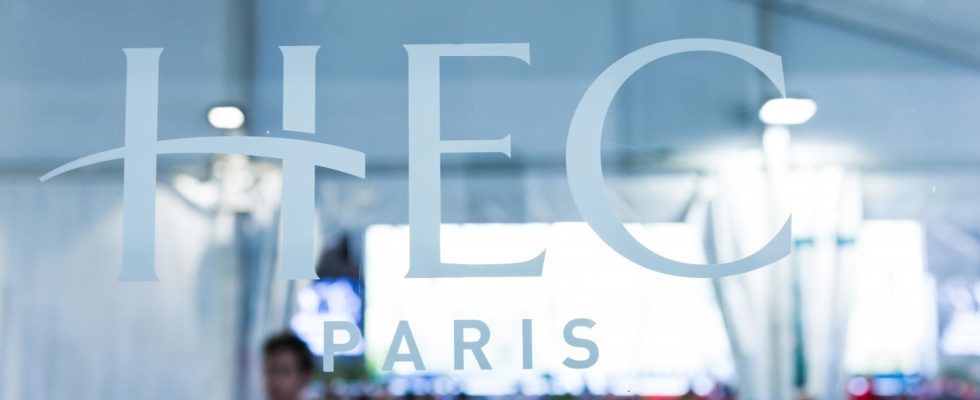Among the 37 business schools ranked by the Student (1), 11 benefit from a bonus point for obtaining the DD & RS label, which rewards their commitment to the ecological transition. A shift which is reflected first and foremost in the training of students.
“In our courses, the ecological transition involves articulating economic thinking with the need to protect the environment and the principles of social justice,” defines Aurélien Feix, teacher-researcher at TBS Education. The Toulouse school, certified since 2017, has set up two fifteen-hour courses for the start of the 2023 school year on corporate social responsibility (CSR) and sustainable development, compulsory for all 3rd year students.
A significant program, but still far from the recommendation of the Shift Project, a think tank working for the decarbonization of the economy, which recommends a base of forty-eight hours dedicated to ecological issues, supplemented by management courses “reviewed in the light of planetary limits”, as Kelvin Frisquet explains, project manager of the ClimatSup Business report. “Global warming is impacting all management disciplines, because they flourished in a world where we did not know these difficulties,” he explains.
Ecology versus economic growth
Who says planetary limits says natural sciences, climate physics, biodiversity… Content usually quite far from the world of commerce. “We make sure that students understand the key concepts,” emphasizes Aurélien Feix. “The objective is not to train environmental scientists or sociologists, but future executives and entrepreneurs who are aware of these issues.” The program also provides mandatory debate sessions and conferences, to “address controversies head-on”, in particular the role of economic growth, “the most delicate issue in sustainable development”.
Last June, the Conference of Directors of French Management Schools (CDEFM) published a skills framework aimed at “supporting schools in implementing responsible teaching”, specifies Bruno Neil, president of the national SR & DD and director of Excelia. Among the recommendations, we find the same overhaul of the models with a knowledge base of “around thirty hours” and an integration of ecological issues in “all lessons”.
The second step consists of each school establishing a master plan for reducing its own environmental impact. “We then talk about student mobility, energy efficiency of buildings and school partnerships,” explains Elodie Binois, former Skema student and president of the Ambitions transitions association, which encourages higher education stakeholders. to begin their transition. “The intention is there, but there is a bureaucratic slowness, she believes. Internally, it is difficult for understaffed teams to get their colleagues, teachers, management to move…”
The CDEFM does not question partnerships with companies harmful to the climate, which depend on the “strategies of each school”. “Financially, they are dependent on certain banks and large companies,” analyzes Elodie Binois. However, the business world should not be ruled out. Better: according to the Shift Project, the transition of schools could even accelerate thanks to their needs. “The role of schools is to prepare students for the world in which they will live. But it will be very different from the current world,” concludes Kelvin Frisquet.
(1) There are 38 master’s grade business schools in France, one of which, éklore-ed School of management (formerly ESC Pau), does not wish to appear in our ranking.
An article from the special report of L’Express “The 2024 Palmarès des grandes écoles de commerce”, published in the weekly of December 14.
.
